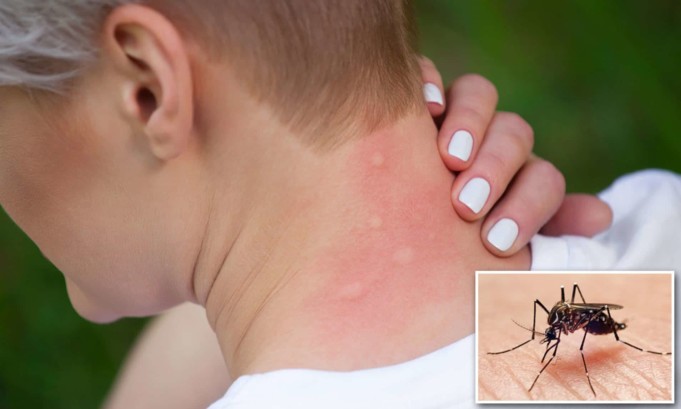Ross River virus disease (RRVD) is an illness spread through the bite of a mosquito. Although the majority of the people who are infected do not feel sick, those who do experience symptoms which include joint pain, muscle fever, rash, and tiredness.
Patients generally recover within a few weeks; however, some people may experience joint aches, fatigue, and tiredness for months afterward.
The disease is endemic in Australia and Papua New Guinea and is responsible for the most significant number of mosquito-related infections in humans across all the regions of Australia. There are about 4800 cases of the disease per year around the country.
People who travel there are at the most risk of being infected with the virus. Travelers who plan to spend time outside or in areas with mosquitoes are at an increased risk of Ross River virus disease.
The incidence of the disease is lower during the winter months. RRVB causes a widescale epidemic between 1979 and 1980 in New Caledonia, Fiji, Cook Islands, and Samoa.
Mode of Transmission
RRBV is transmitted via the bite of certain species of mosquitoes. The female mosquitoes feed on infected animals where the virus multiplies within the mosquitoes and is passed on to other mosquitoes and humans.
Human-to-human transmission does not occur, and the number of infections tends to peak during the hot and dry season.
Signs and Symptoms of Ross River Virus Disease
Infected people may experience a wide range of symptoms or no symptoms at all. Symptoms and their severity vary from one person to another.
They include:
- Sore muscles
- Painful and swollen joints which include areas such as the fingers, wrists, elbows, shoulders, jaw, and ankles.
- Aching tendons
- Fever
- Fatigue
- Skin rashes
- Swollen lymph nodes
- Headaches
Other symptoms include:
- Sore throat
- Tingling in the palms of the hands and soles of the feet
- Sore eyes
- Nausea
Symptoms usually disappear within a few weeks. Nausea, fever, and skin rashes fade away within the first two weeks of illness.
Pain in the joints, muscles, and tendons may last longer and can be uncomfortable. In severe cases, symptoms can last a long time, and this can cause emotional distress to the family or caregivers.
Symptoms, however, lessen eventually with little to no long-term effects. Predicting how it would take for a person to recover fully is not possible.
Some people may heal within two to six weeks of infection, while others may still feel sick after three months. Symptoms of RRVB may persist for up to a year or more.
Diagnosis
A blood test can be used to confirm the presence of the Ross River virus. Blood tests may examine levels of antibodies in the blood.
It typically requires comparing blood taken in the early stages of the infection and another blood sample after two weeks later to confirm the virus.
Treatment
There are no available vaccines or medical cure for Ross River Virus Disease. Treatment options focus on easing pain in the joints and minimizing fatigue.
Some people may get better with simple painkillers such as paracetamol and aspirin. Others may require more potent medication to alleviate inflation.
Stress management, gentle exercises, physiotherapy, and plenty of rest is necessary to treat the condition. Emotional stress and physical exhaustion may exacerbate the symptoms or even prolong them.
People with chronic symptoms require emotional support from family, friends, and caregivers. Most people who have been infected with the disease will not catch it again.
Although in rare cases, people may experience one or more symptoms after it seems they have recovered.
Prevention
Since there are no vaccines to prevent the condition, other prevention methods to protect against mosquitoes and decrease the incidence of the disease include:
- Apply mosquito repellant on exposed skin
- Cover exposed skin with hats, long-sleeved shirts, and long pants when outside
- Remove mosquito breeding sites from around the home by applying insecticides to them
- Take extra care when traveling or dwelling in areas with a high risk of mosquito-borne diseases












